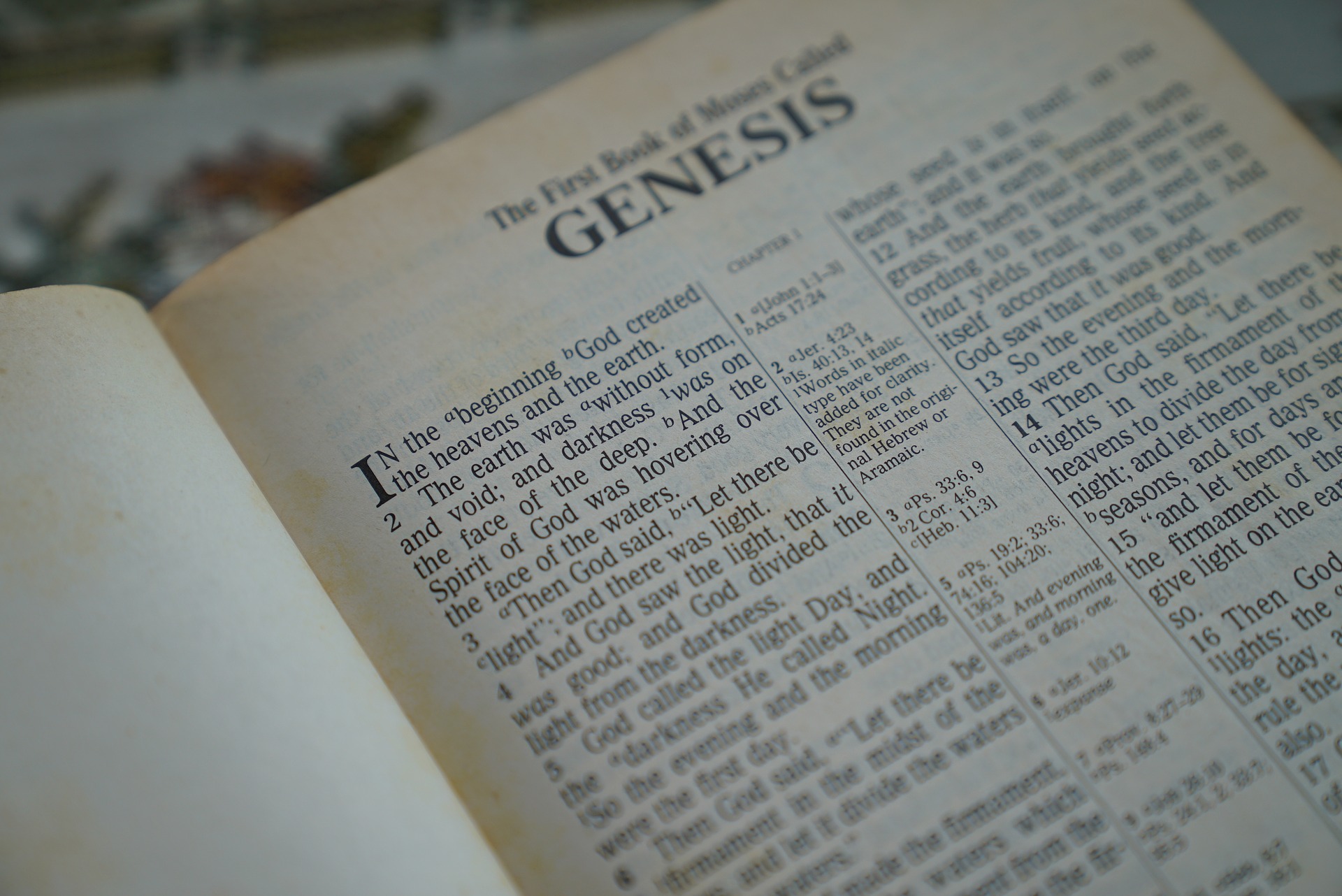In some ways, this feels like the most radical idea I’ve had yet.
Doing the research on the four riverheads, and reading the post by the athiest who found Eden, his comparison of Gilgamesh and Genesis struck me. In fact, the thought I had was so strong that I had to go back and reread the post with a fine-tooth comb to make sure I hadn’t read it in there.
The part that got to me was where both talk about man being made from dirt, dust, or mud (Strong’s says the word’s root is aphar, meaning dust (powdered or grey) and can mean earth, mud, etc.).
Did you ever play with mud when you were little? Playdough works as well. You make something from it, and you sit it aside and let it dry. Think of the stages it goes through. It starts off smooth and soft, especially if you’ve made the dirt to water mix just right, then as it dries, it hardens and becomes brittle and very easy to break. Eventually, it dries completely out and turns back into dirt.
Now, picture yourself as God. You’ve made a man from mud and water. Right now, he’s just a piece of pottery that won’t last very long, but you want more. You know you could touch him and annimate him, but that would just be a golem, and wouldn’t do anything. You want more. You want someone you can commune with, that you can talk to, and the only way to do that is to invest something of you into this statue. So, you lean over and breath into it, filling it with you, your very own essence. The Bible says, “So God made man in his own image.” Image here is from a root word meaning phantom or shade. By breathing into the man, he became a shadow of God.
So now man is made of two parts…the clay, which won’t change it’s nature, just because it has become a vessel. It’ll still get old, dry out, and go back to dust. And the breath of God…the life-giving portion of God; the soul, the spirit, whatever you want to call that portion of us that is God. Because God’s breath didn’t lose it’s godliness upon entering the mud. And once we truly recognize that we’re two parts, everything else changes.
My mud body defines me as being man. Jesus had a mud body, thus he was wholy man. Every person on this earth had a mud body that must fulfill the law of nature and go back to dust one day. But every person also has the breath of God in them.
Strong’s defines breath as blast, that breaths, inspiration, soul, spirit; and breathed as blow, breath, give up, cause to lose life, seething, snuff.

So YHVH made a mud man, and gave part of his life spirit to fill the mud with life and made yourself living (using Strong’s definitions).
Neville says that God became wholy man, and that life spirit forgot that it was God and became completely focused on being man.
I just did a quick search, and maybe I missed somewhere that it’s mentioned, but I can’t find a single time that God talks about the potter firing the clay. Why is that important? Because it means that our mud bodies are made to not last. Clay put into the fire becomes truly hardened and will last for hundreds and hundreds of years. But if the mud clay isn’t baked, then it crumbles to dust.
But, maybe you’re thinking, as I did when this idea first came to me, the Bible talks about the refiner’s fire.
Remember, there are 2 parts to man. The mud or clay bodies and the life spirit that is God in us, but we have forgotten this. So, the refiner’s fire’s purpose is separate, to remove the impurities that are part of our clay bodies and to show our spirit what it is, that it is God.
One final thought on this. Clay mud unfired has a unique property that can’t happen with harder materials. It can be repaired. Wounds can heal. The blind can be made to see, missing limbs can grow back, and the spoiled vessel (Jeremiah 18) can be reworked.
